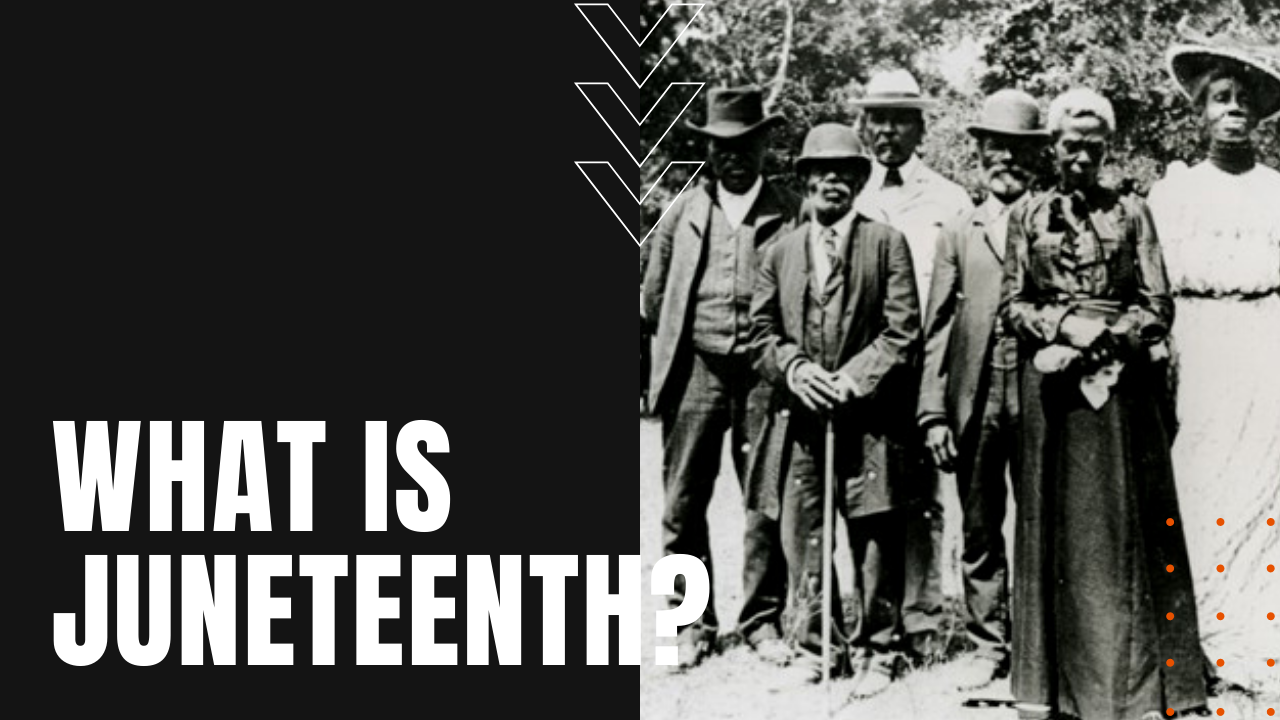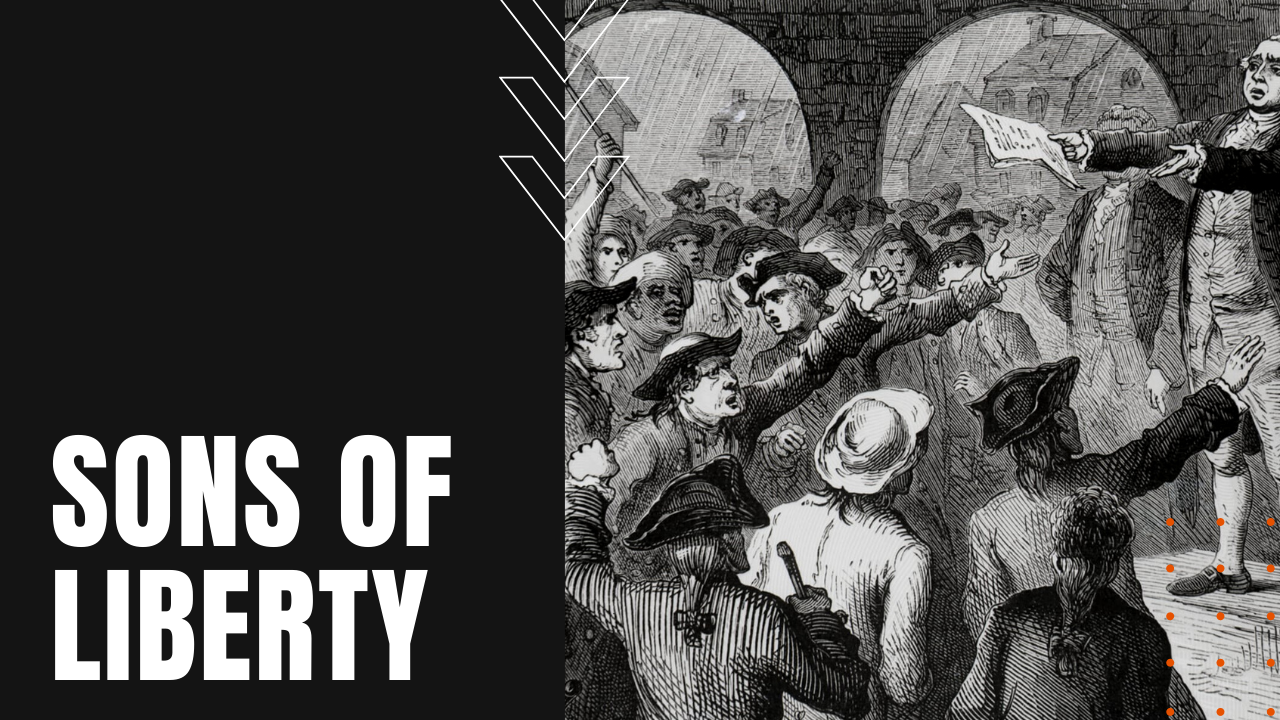-
July 1, 2022
Canyon de Chelly
Canyon de Chelly is a Navajo Nation-owned and operated national park with over 83,000 acres and a continuous lineage of Native American inhabitation.
-

-
June 29, 2022
Poor People’s Campaign
After MLK’s assassination, his vision for the Poor People’s Campaign of civil rights was brought to reality during a six-week protest in Washington D.C., resulting in clashes with police, arrests, and little in the way of resolution.
-

-
June 20, 2022
Orangeburg Massacre: South Carolina’s Deadly Struggle for Civil Rights
The widely underreported Orangeburg Massacre caused by a South Carolina bowling alley owner who refused entry to blacks would result in three dead and many more injured by police.
-

-
June 17, 2022
What is Juneteenth?
In a young nation divided over slavery, on June 19th, 1865, Union Major General Granger declared all enslaved people free from bondage in Texas, leading to Juneteenth as a recognized holiday to celebrate the abolition of slavery in the US.
-

-
June 15, 2022
Who Were the Sons of Liberty?
The Sons of Liberty was an organization of notable founding fathers including Samuel Adams, John Hancock and Paul Revere, that provoked civil disobedience against British rule.
-

-
June 9, 2022
The Louisiana Purchase: Jefferson, Napoleon, Monroe and Livingston
French territory in early 19th Century America was ideal for US expansion when the Louisiana Purchase was negotiated for $15 million or $0.03 per acre as Napoleon forced France into financial distress during the Napoleonic Wars.
-

-
June 8, 2022
Sacagawea: Biography of a Native American Hero
Sacagawea was born into the Shoshone tribe before being kidnapped and sold into a non-consensual marriage with a fur-trapper who brought her and their 55-day-old son on the Lewis and Clark Expedition.
-
